LATEST INSIGHTS
Your Present Location: LATEST INSIGHTS-
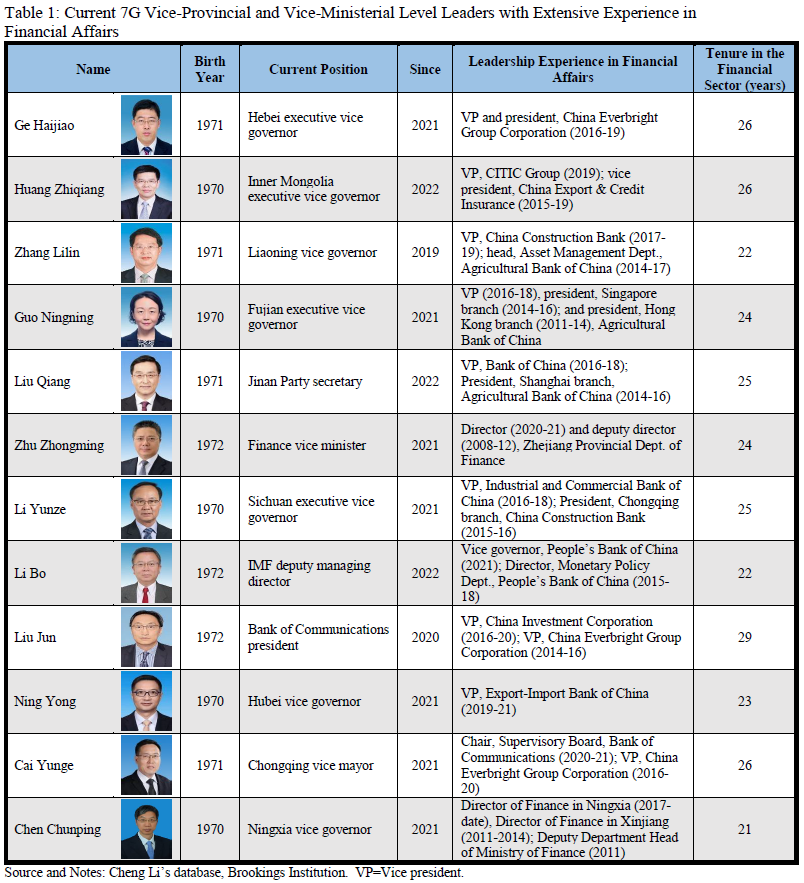
Cheng Li: Pioneers: Financial Technocrats in the Post-1970s Generation
the only female provincial governor in charge of financial affairs. She served at the Bank of China for 15 years, Vice provincial governors in charge of financial affairsAppointing financial tech...
2022-05-30 -
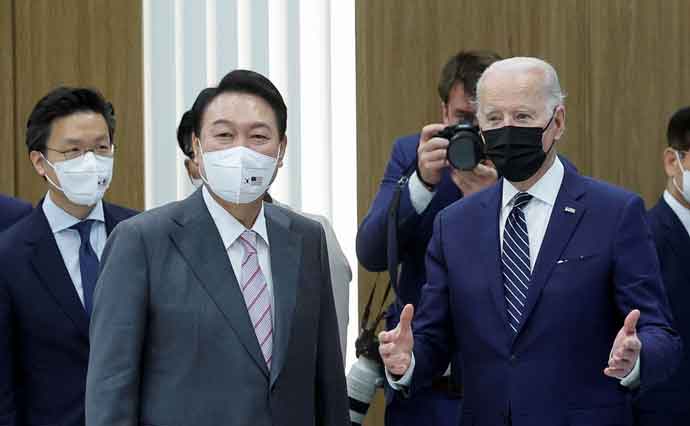
Zhao Minghao: Behind Biden’s Asia Trip
Australia and India.The trip comes at a crucial time as the Russia-Ukraine conflict intensifies. U.S. relations with Japan and South Korea are undergoing profound changes that will have a negativ...
2022-05-30 -
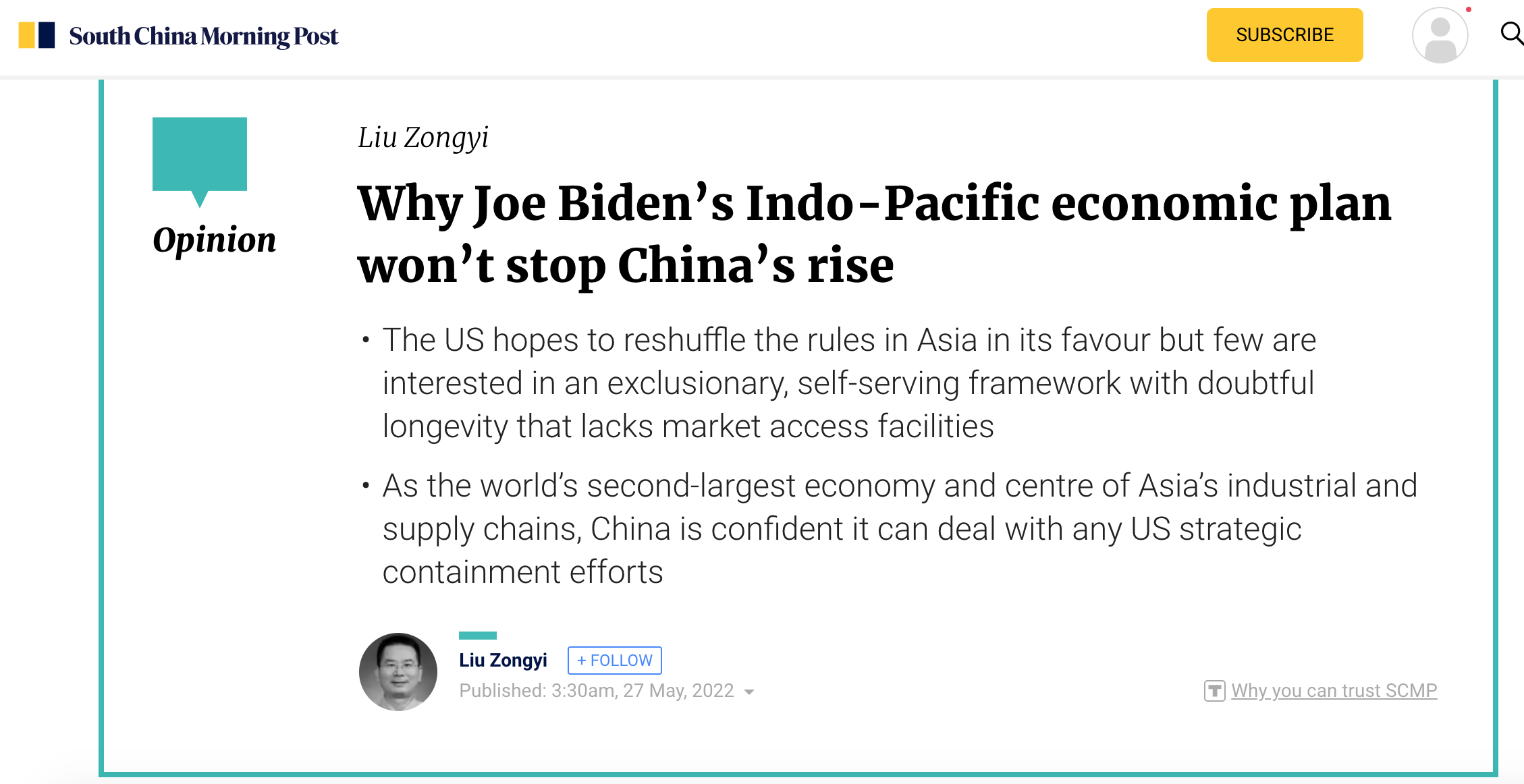
Liu Zongyi: Why Joe Biden’s Indo-Pacific economic plan won’t stop China’s rise
2022-05-27 -
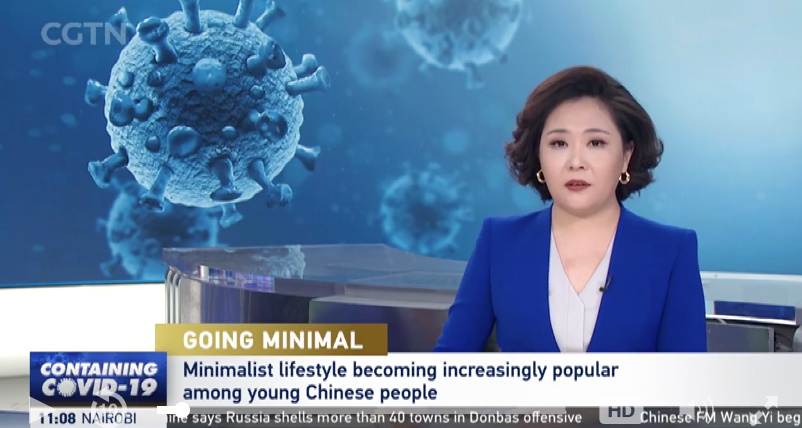
Liu Zhiqin: Going Minimal: Minimalist lifestyle becoming increasingly popular among young Chinese people
2022-05-27 -
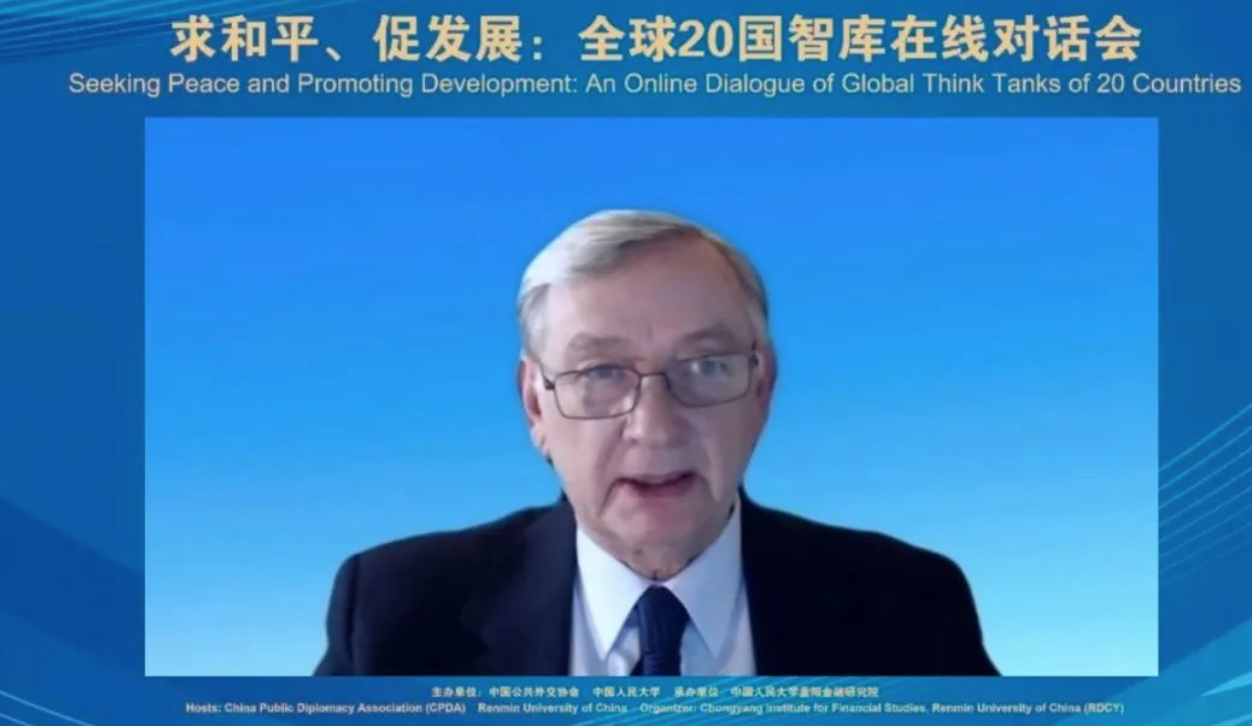
Danilo Turk: US and China as the main protagonists
2022-05-27 -
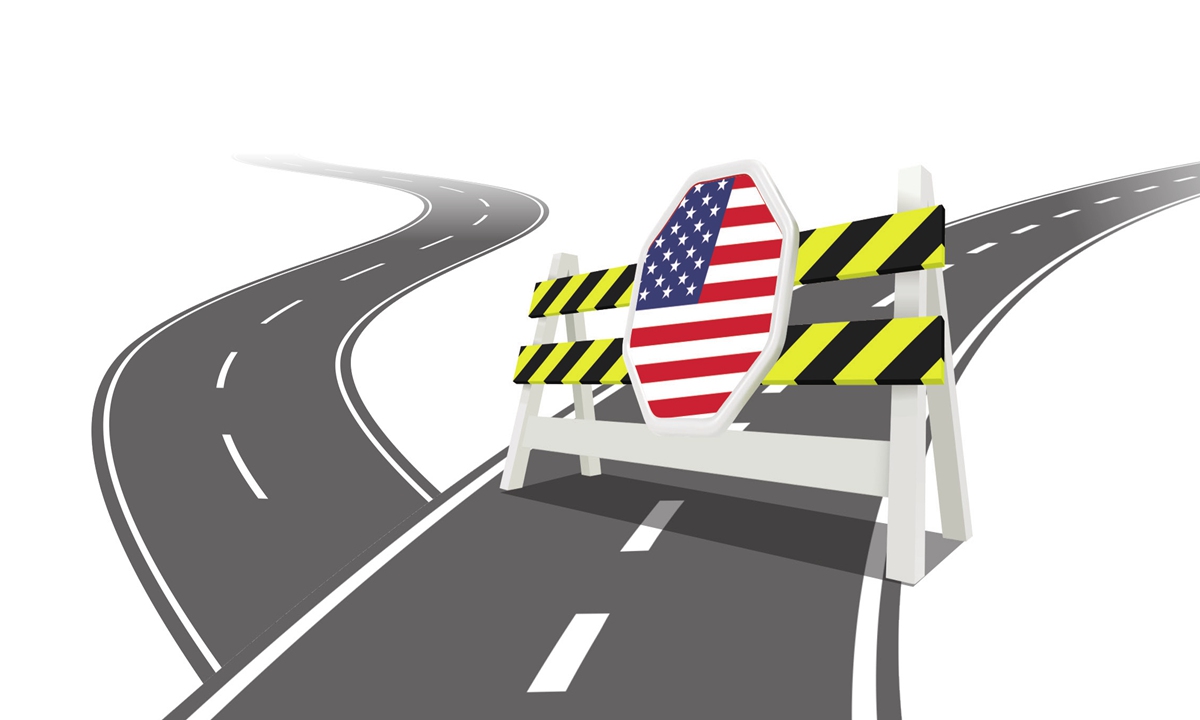
RDCY: US bid to recreate Ukraine crisis in Asia-Pacific will meet pushback
2022-05-26 -
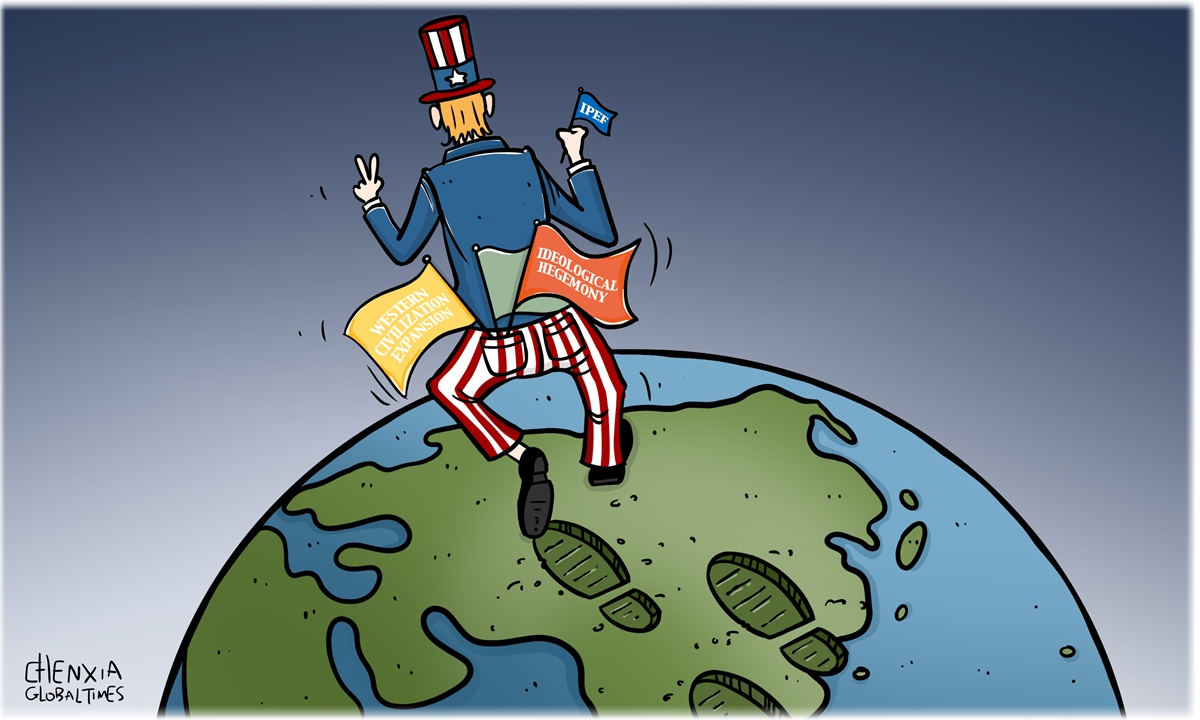
Ding Gang: IPEF hides US’ ill ideological intentions
2022-05-26 -
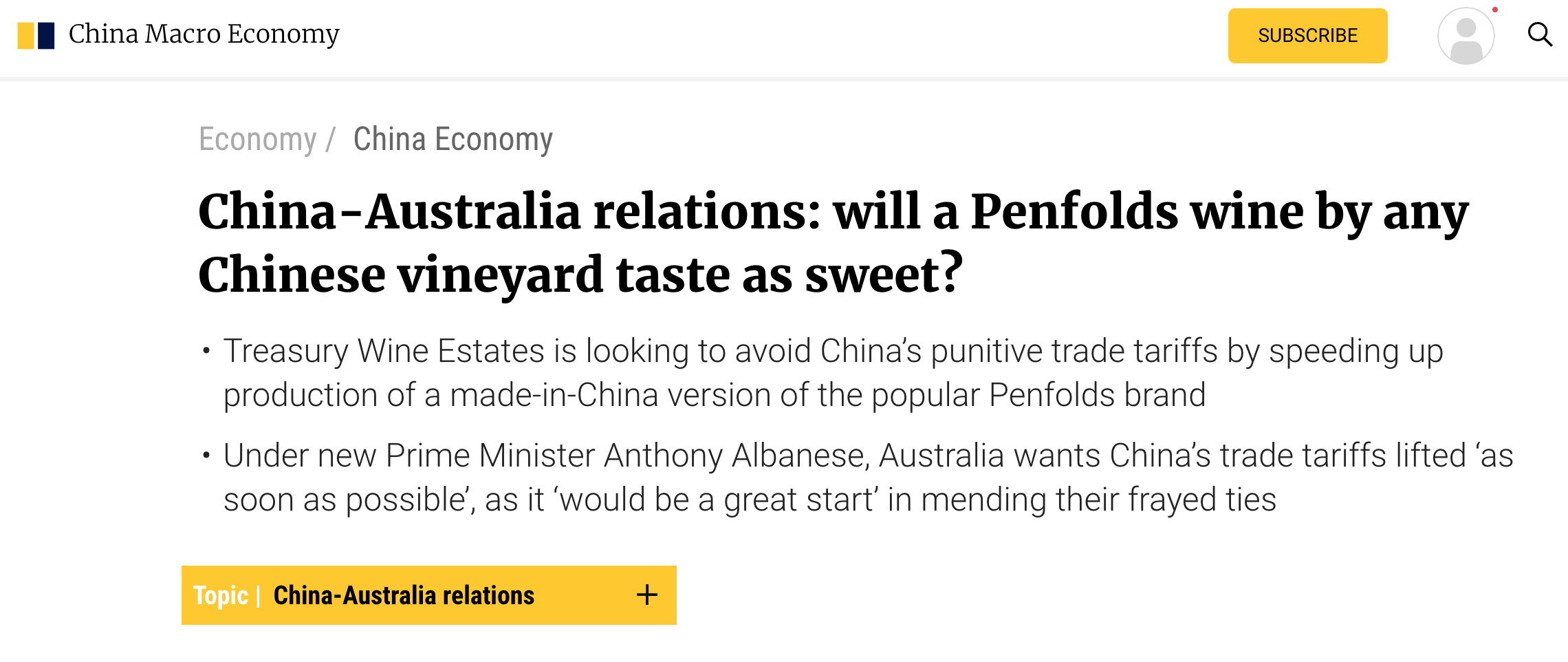
[SCMP]China-Australia relations: will a Penfolds wine by any Chinese vineyard taste as sweet?
2022-05-26 -
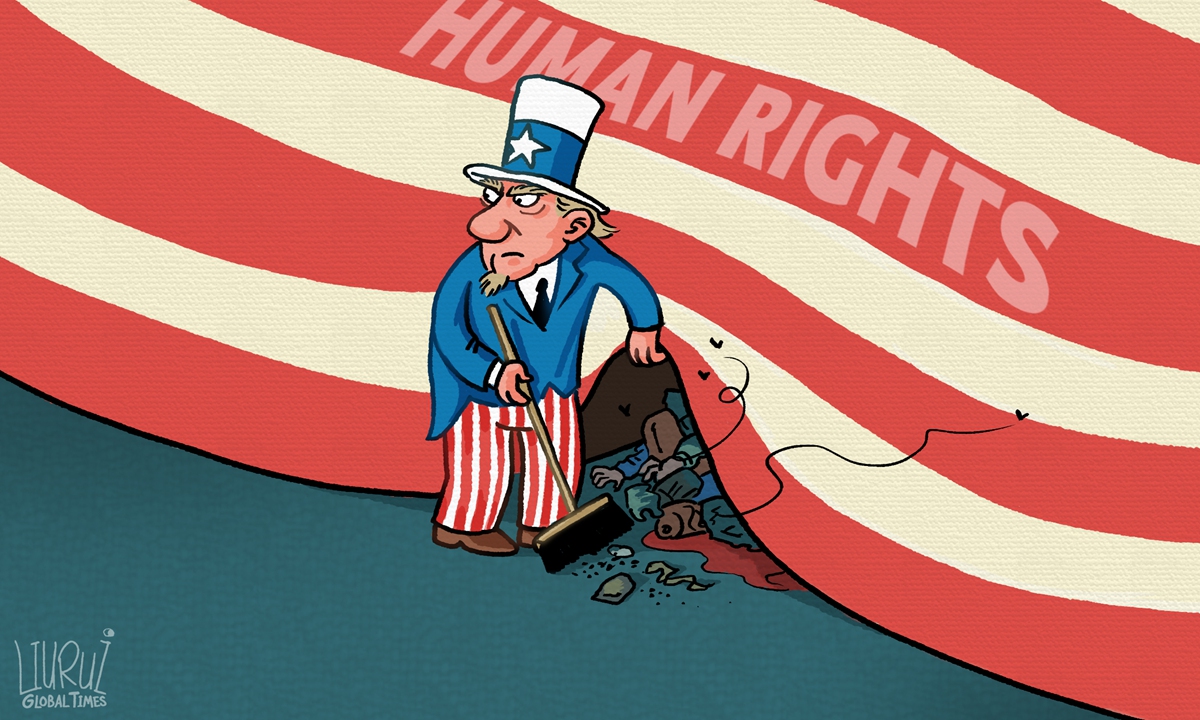
Wang Wen: China's concept of human rights focuses on results, not theory
2022-05-25 -
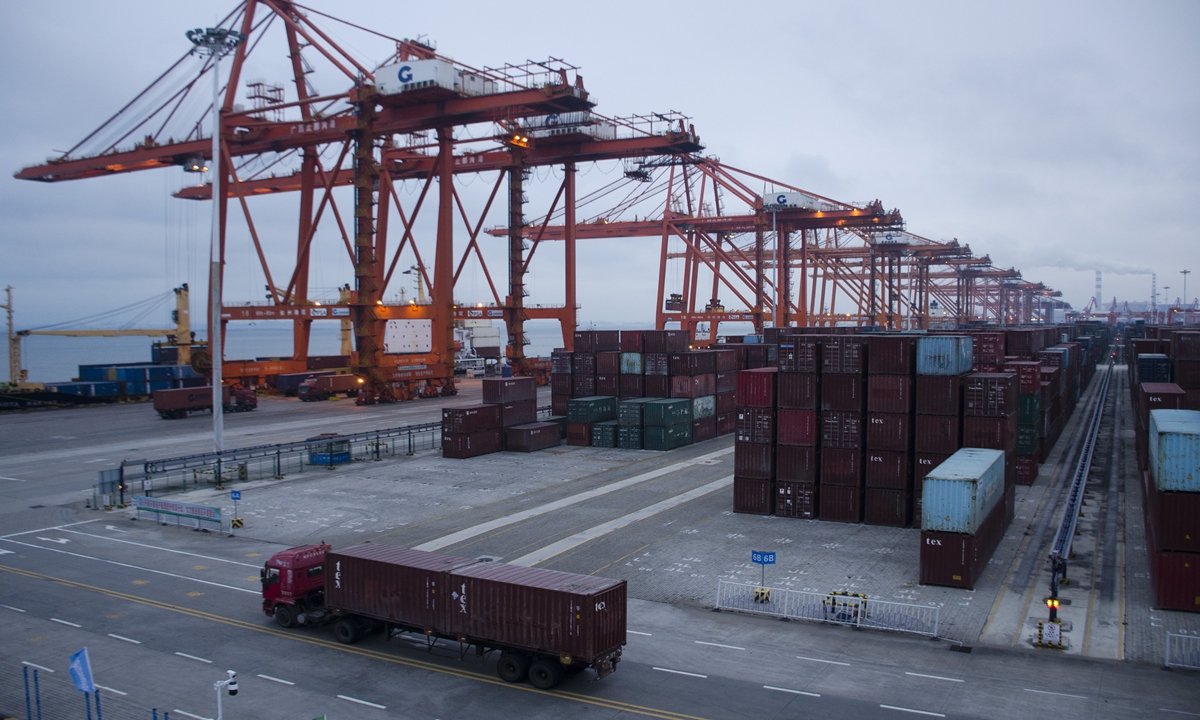
He Weiwen: US' IPEF got off to rough start as participating ASEAN members stress inclusiveness
2022-05-25 -
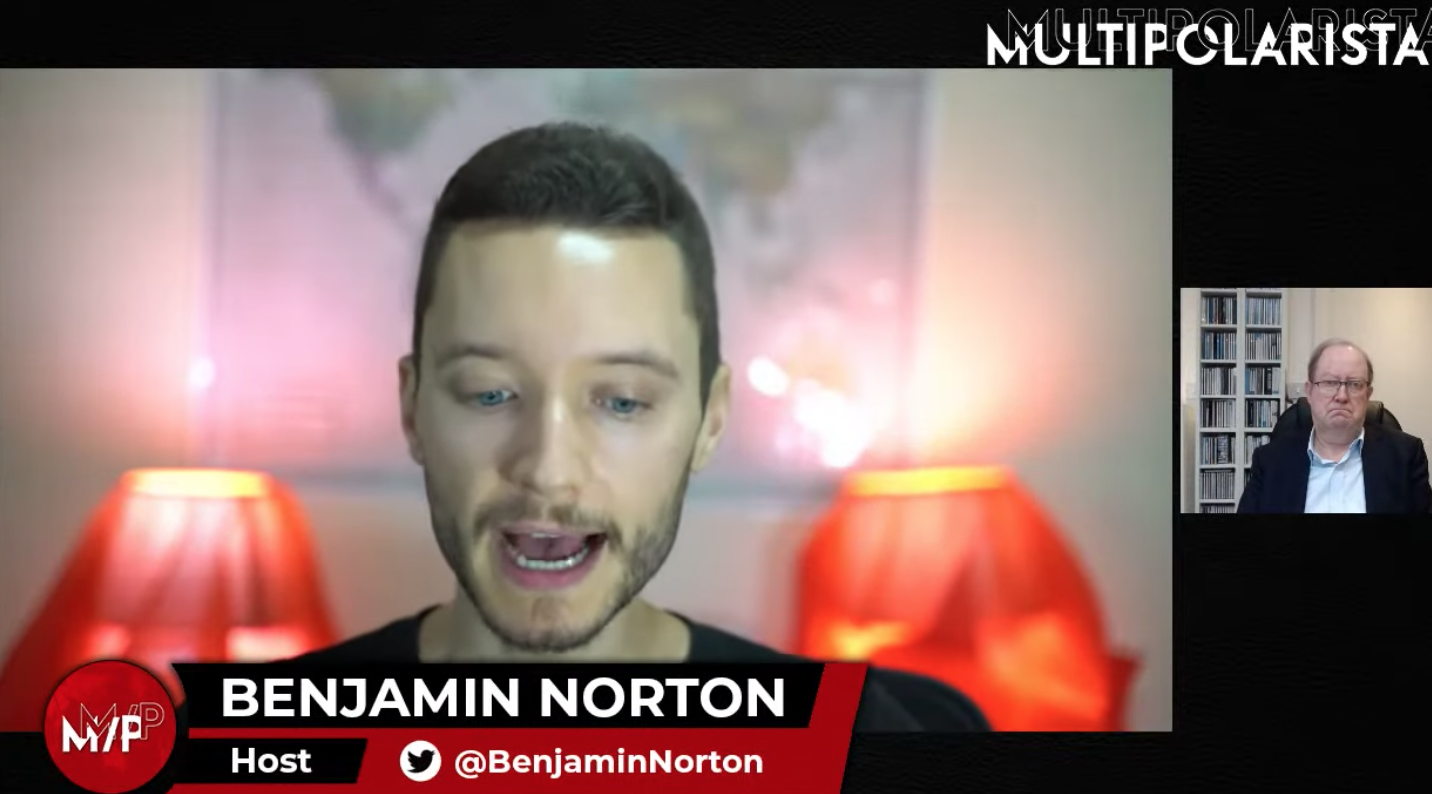
John Ross: What is 'socialism with Chinese characteristics'? Inside China's economic model
2022-05-24 -
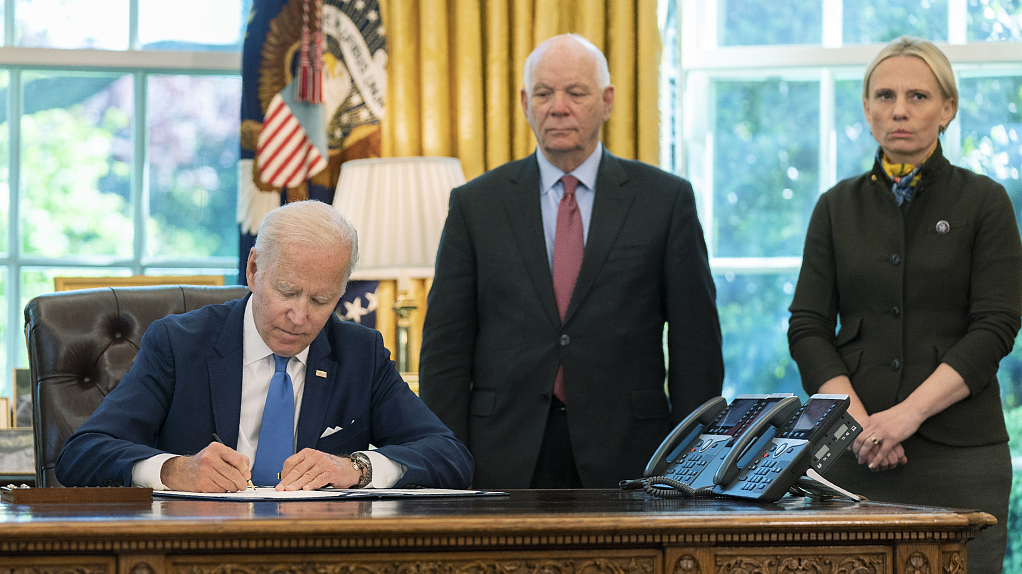
William Jones: Biden's 'surrogate' war in Ukraine could sink the U.S. economy
Editor's note: William Jones is a former White House correspondent and a Non-resident Fellow of the Chongyang Institute for Financial Studies.
2022-05-24 -
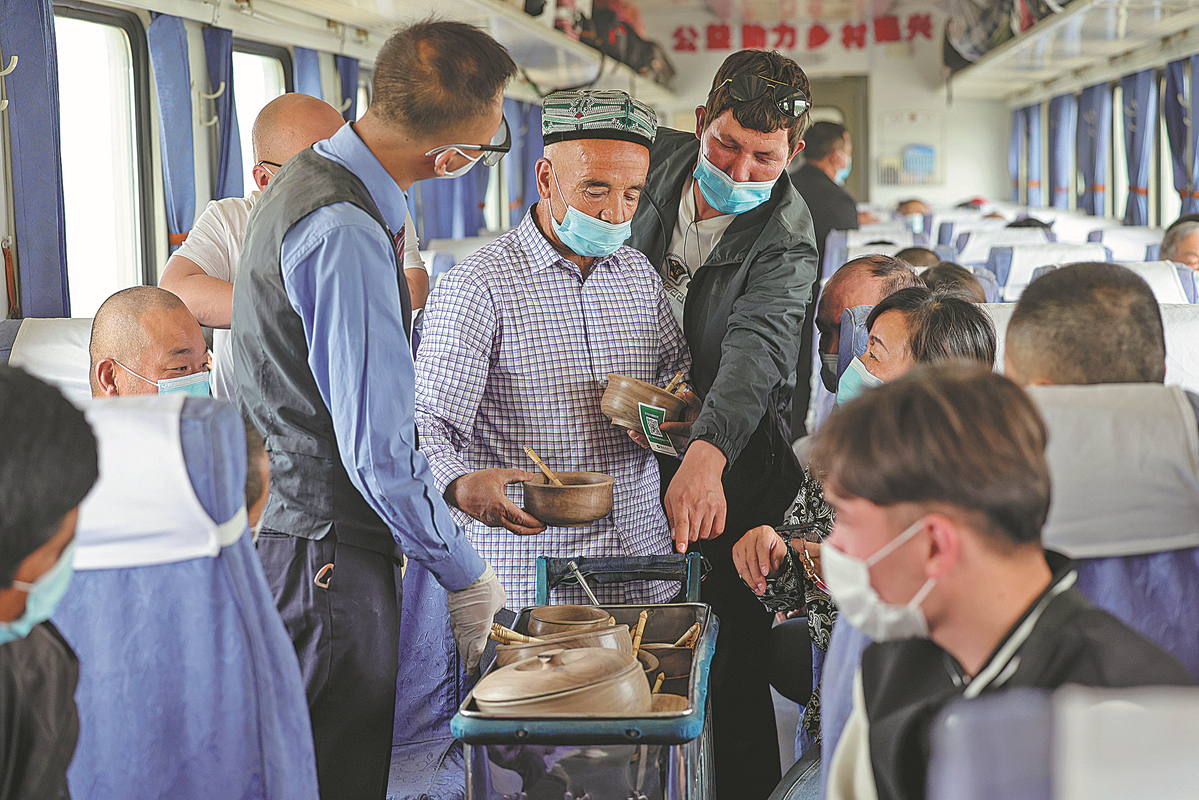
John Ross: China ensures protection of human rights
2022-05-24 -

Wang Wen&John Ross: share views on China's human rights development
2022-05-23 -
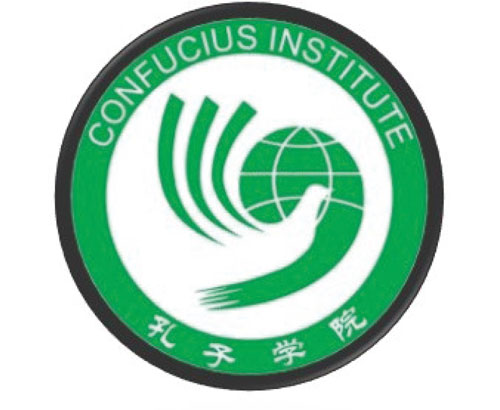
Zamir Ahmed Awan: Symbol of friendship: All Confucius Institutes in Pakistan are functional
2022-05-20 -
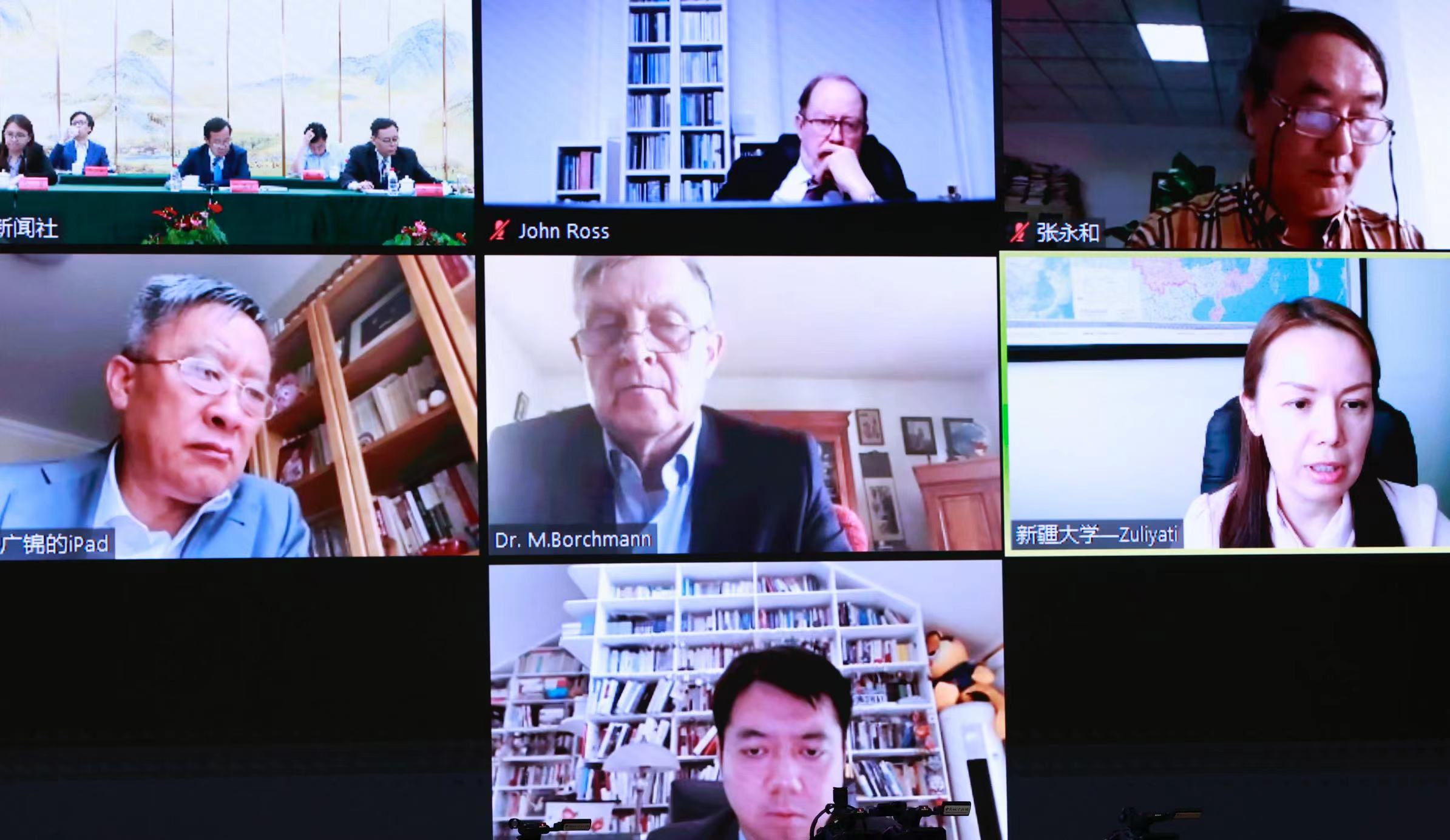
Wang Wen&John Ross: Chinese and foreign experts call for a better interpretation of the concept of China’s human rights
2022-05-20 -
Ding Gang on Global Times
2022-05-20 -
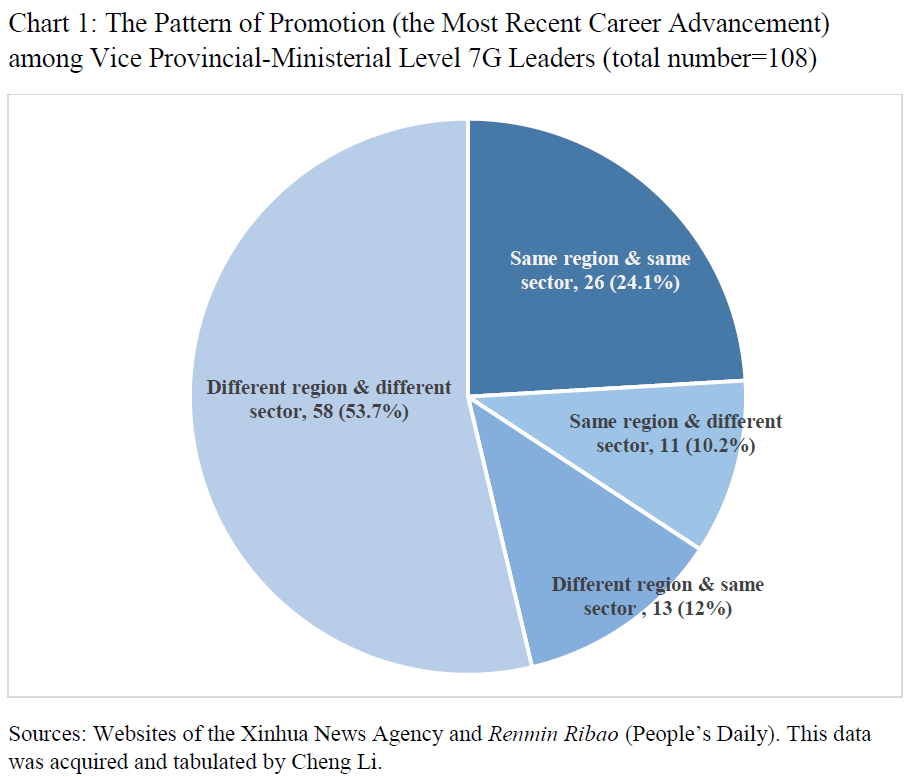
Cheng Li: Pioneers: New career patterns of the post-1970s generation leaders
2022-05-20 -
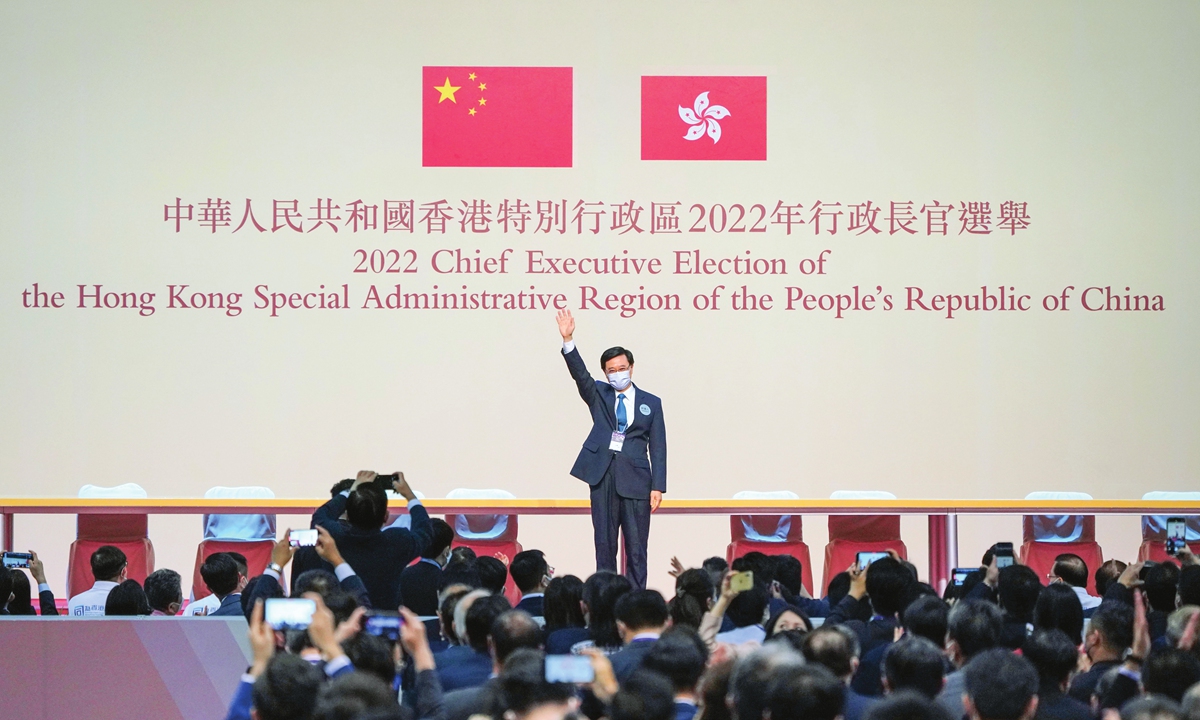
Martin Jacques: Center of gravity of Hong Kong needs to shift northward
2022-05-19 -
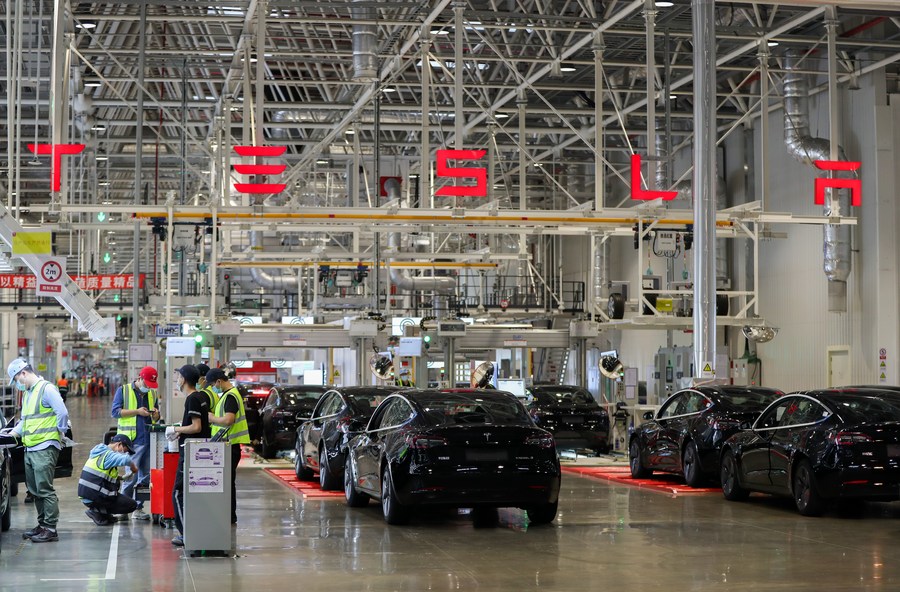
Liu Ying: China still priority for companies from US
2022-05-19
(共5509条)
























































































 京公网安备 11010802037854号
京公网安备 11010802037854号





